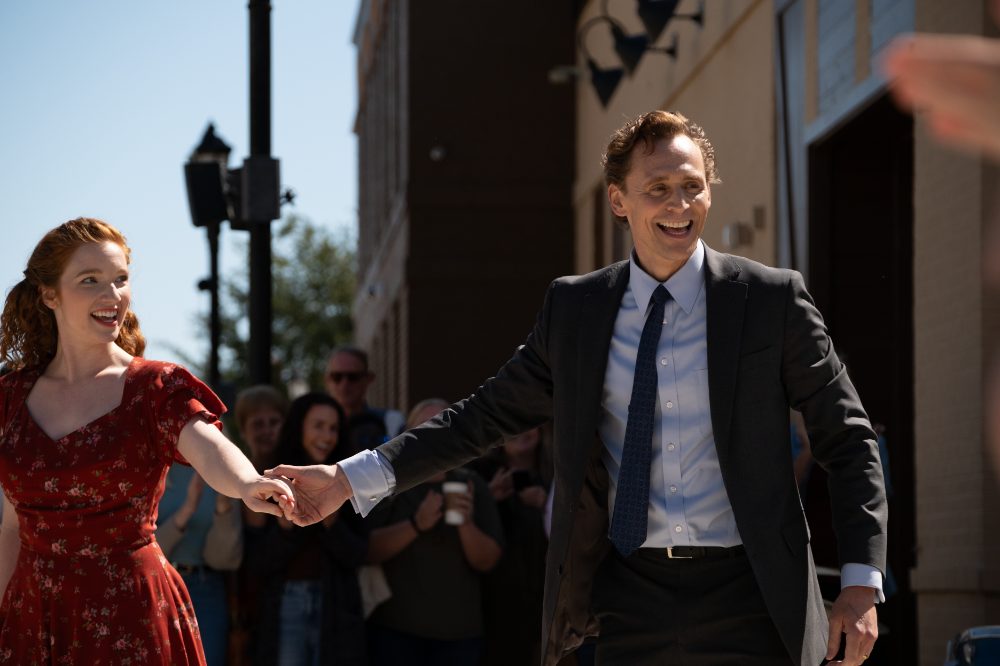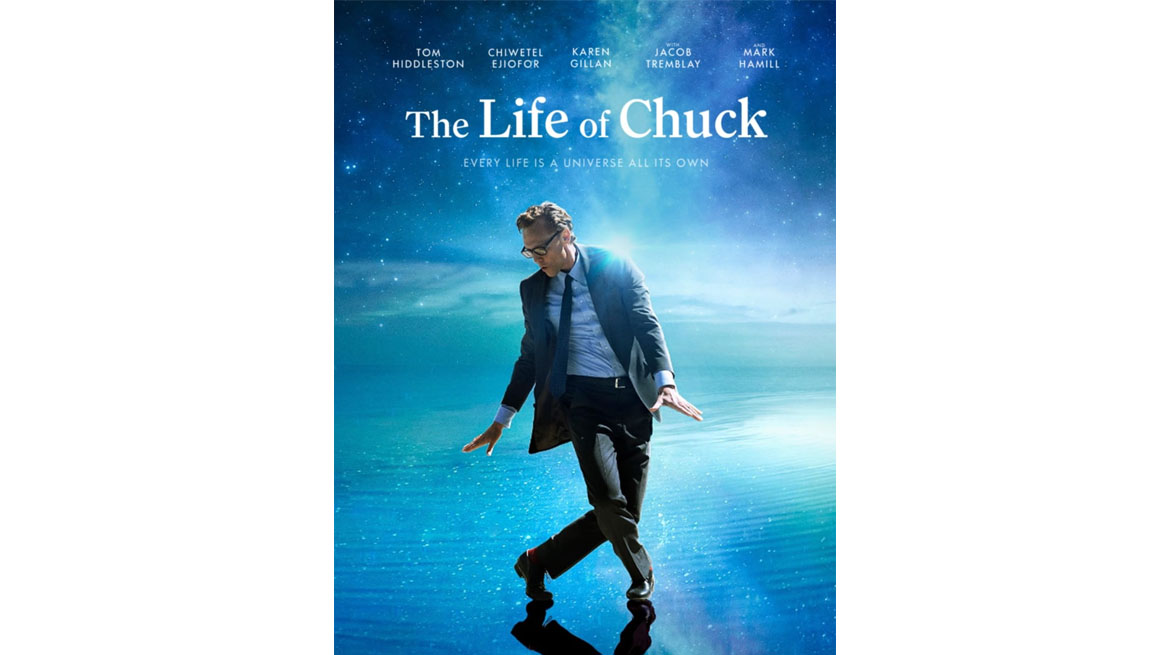TL;DR
Mike Flanagan once again masters Stephen King, delivering a poignant and poetic adaptation of *The Life of Chuck*. This film isn't about jump scares, but a beautiful, reverse-chronology meditation on life's small moments, the impact of simple kindness, and the ephemeral nature of existence. Nick Offerman's narration is captivating, and Tom Hiddleston shines as the quietly impactful Chuck. While the cinematic climax might slightly soften King's literary punch, the overall experience is deeply moving and profoundly human. Discover why this adaptation is a must-watch for fans of thoughtful storytelling. Read the full review to dive deeper into this unique cinematic gem.
Having engaged with most of Stephen King’s works and seen all their film adaptations, while largely appreciating his entire bibliography despite varying fidelity in cinematic interpretations, it is clear that Mike Flanagan consistently demonstrates an unparalleled ability to capture the essence of King – a feat he has commendably achieved once more. The collaboration between Mike Flanagan and Stephen King is consistently synergistic, and this adaptation proves no exception. The Life of Chuck functions as a profound homage, not merely to King’s storytelling but to life itself.
As an avid admirer of the novella The Life of Chuck, expectations were naturally elevated. The narrative is distinctively peculiar, and its structure unusual. Upon learning of its impending film adaptation, its cinematic viability was initially questionable. Concerns arose regarding potential Hollywood alterations, which often streamline complex narratives; however, Mike Flanagan faithfully translated the story, maintaining its original integrity.
A mysterious apocalypse engulfs the world, accompanied by the concomitant emergence of enigmatic messages concerning a man named Chuck Krantz. The story is told in reverse chronology, gradually unveiling the true nature of Chuck: an unassuming individual whose inherent compassion profoundly impacted countless lives through seemingly minor, daily interactions. The narrative evokes an ethereal, almost mystical ambiance, characteristic of Stephen King’s unique narrative prowess – suggesting a profound, almost spiritual undercurrent, without fully venturing into overt horror.
A particularly captivating element in the novella was its structure: the story unfolds backward across three chapters, with the conclusion presented first and the genesis last. Initially, this approach might appear as a narrative contrivance, yet its masterful execution reveals a truly ingenious design as the narrative layers unfold.
The film is a poetic journey through the transience of life, memories, and the beauty of small moments: laughter with family, summer evenings that make the air smell different, the gentle cadence of rain against the window – and the realization of how invaluable these moments are, underscoring their intrinsic value amidst life’s ephemeral nature.

The narration, delivered by Nick Offerman, is particularly noteworthy. He infuses Stephen King’s prose with an inherent gravitas, where every sentence and pause resonates with profound emotional depth. His performance is arguably definitive for King’s work, setting a benchmark for future audio adaptations of King’s bibliography.
The Life of Chuck transcends the conventional ‘feel-good’ genre; it’s a poignant meditation on the human experience, an ode to both the subtle and the monumental, and a compelling testament to the latent magic within the everyday.
Tom Hiddleston delivers a stellar performance as Chuck. His portrayal is notably understated yet undeniably magnetic, and in those small moments – especially during the dance scene in the middle of the street – he imbues the entire film with a palpable sense of vitality. These moments are profoundly beautiful and authentically human, evoking a deep appreciation.
Mike Flanagan’s direction forms the narrative and emotional core of the film. Flanagan possesses a distinct aptitude for harmonizing emotions, pacing, and visual details – a feat few directors achieve with such finesse. In The Life of Chuck, he once again reaffirms his exceptional proficiency in adapting Stephen King’s narratives: he takes the peculiar, backward-told structure and succeeds in rendering it both coherent and deeply affecting, without compromising the poetic tone of the original story.
Flanagan deploys cinematic techniques to foster profound intimacy. When Chuck dances in the middle of the street, it transcends a mere scene, becoming a vibrant, almost magical interlude. He masterfully translates King’s philosophical contemplations on existence, mortality, and the profound significance of quotidian experiences into a tangible and deeply moving cinematic reality.
Candidly, the film’s overall execution is largely commendable. While its deliberate pacing and emotional depth may not resonate universally, for aficionados of King’s distinctive style, it offers precisely the desired experience: a narrative that embraces emotional vulnerability, seamlessly intertwines the human and the supernatural, and provokes profound introspection long after viewing.
A notable point of divergence, however, lies in the film’s climax, or more specifically, its preceding build-up. In Stephen King’s novella, it excels; King’s prose masterfully cultivates a gradual emotional crescendo, employing subtle clues and profound emotional weight to render the conclusion simultaneously surprising and poignant. Conversely, on screen, the impact of this particular denouement is somewhat diminished; lacking the internal monologues and subtle nuances inherent to the literary format, the cinematic climax appears comparatively less impactful and slightly abrupt.
Nevertheless, departing the cinema on an early, rainy June morning, I felt a profound sense of satisfaction that such an unconventional narrative had received a commendable cinematic adaptation.

